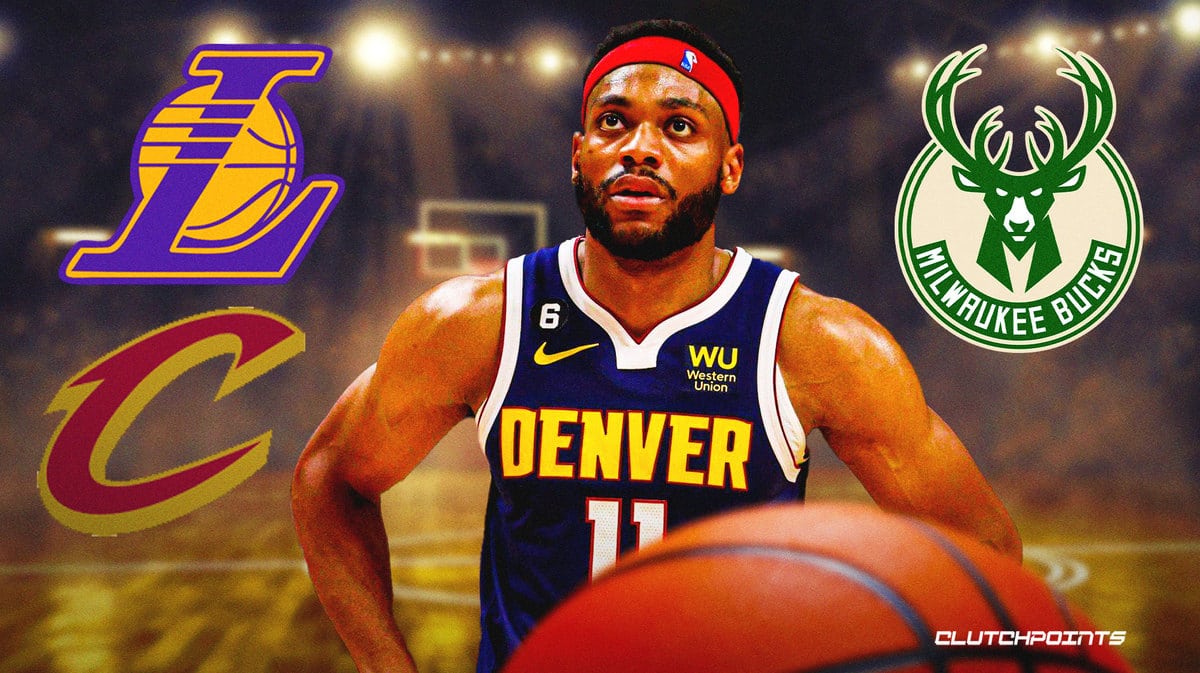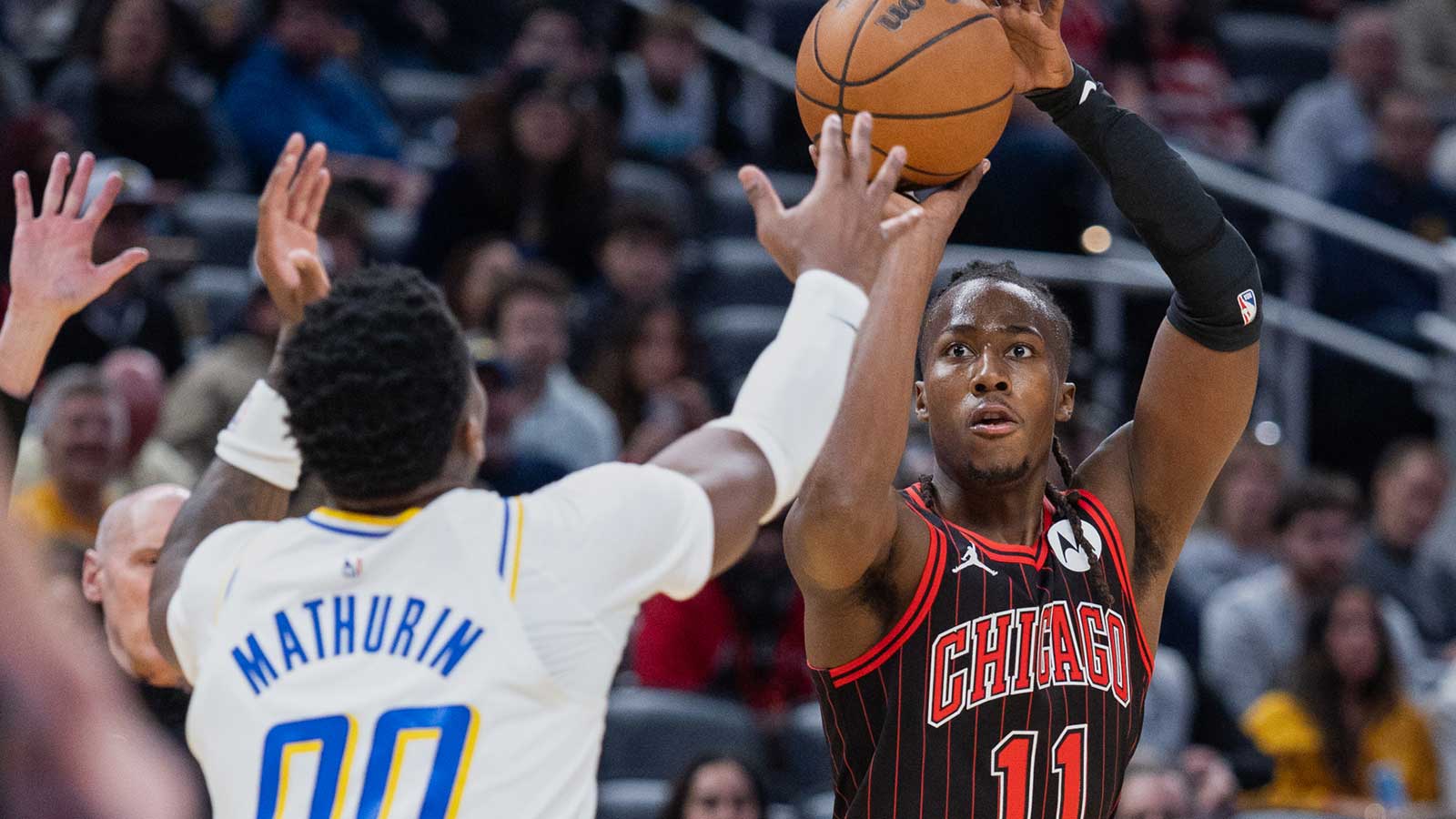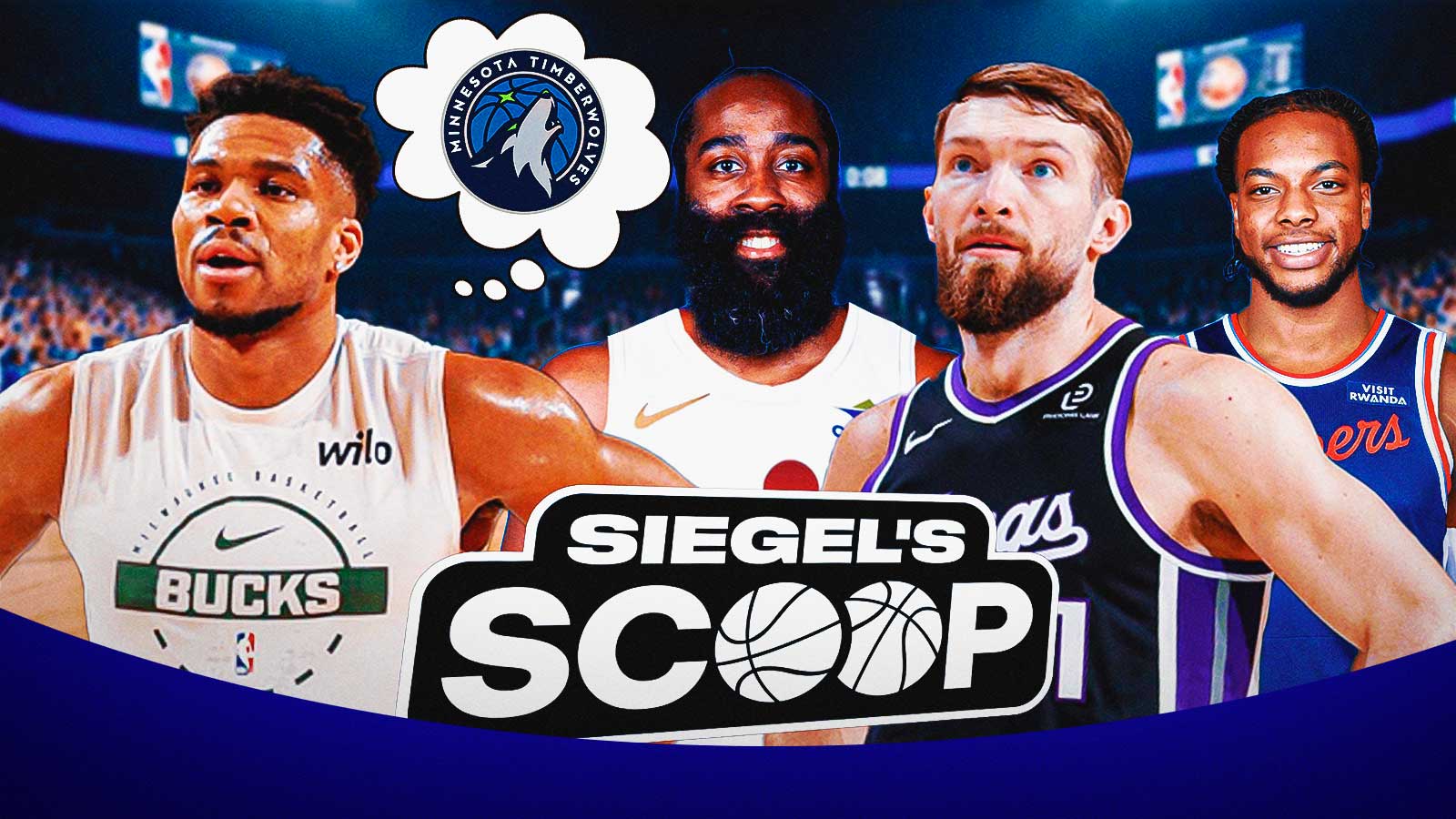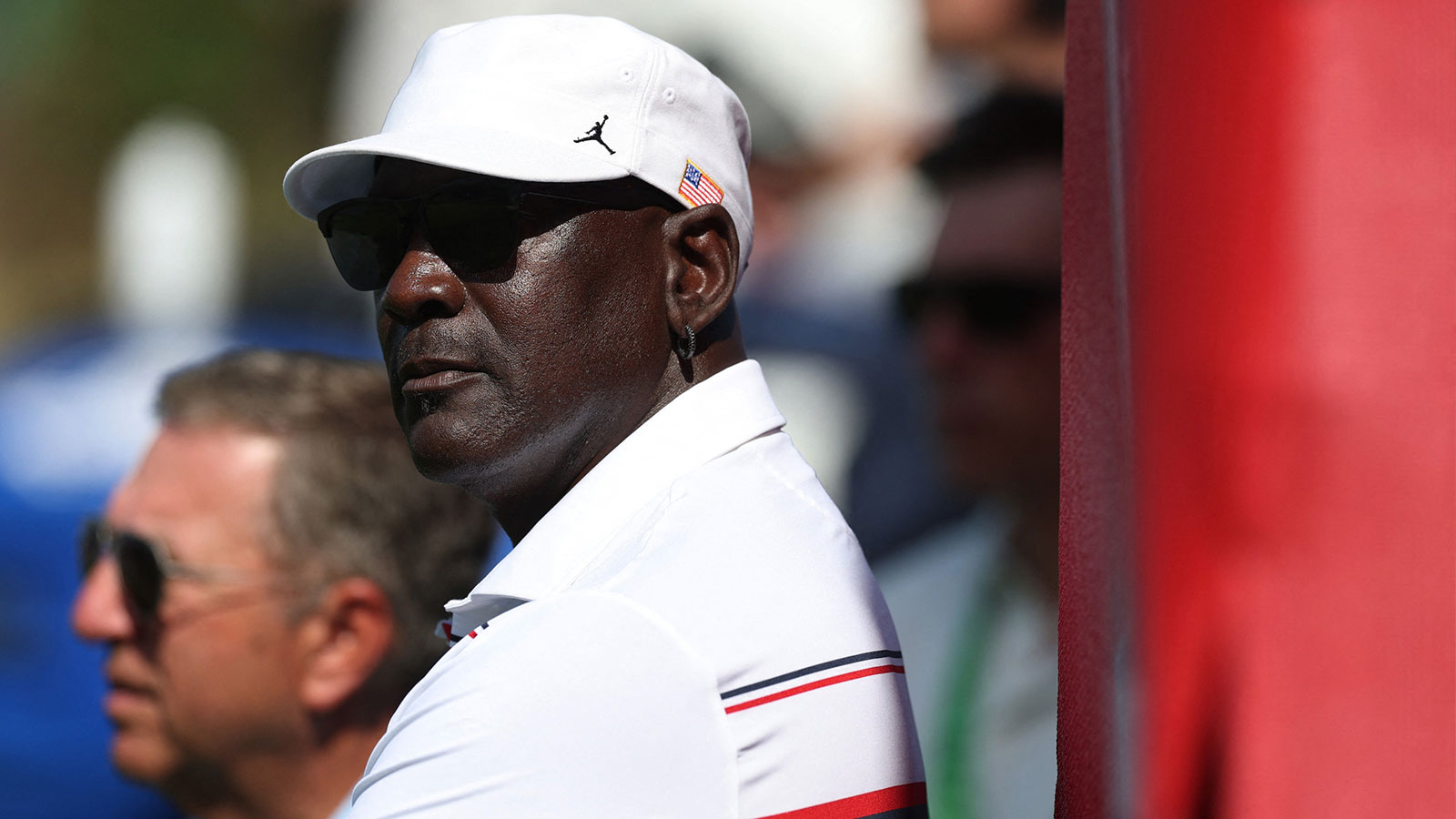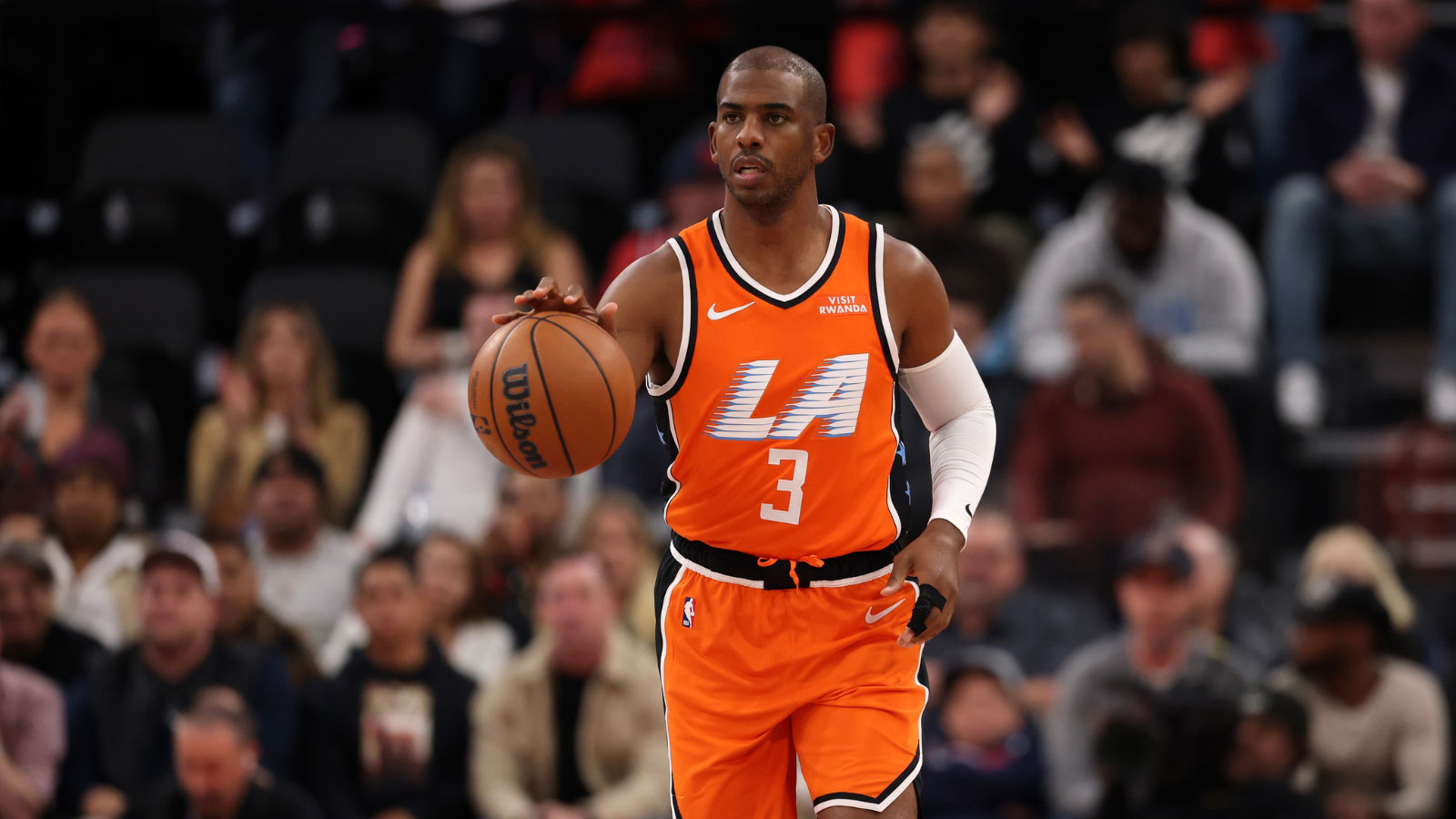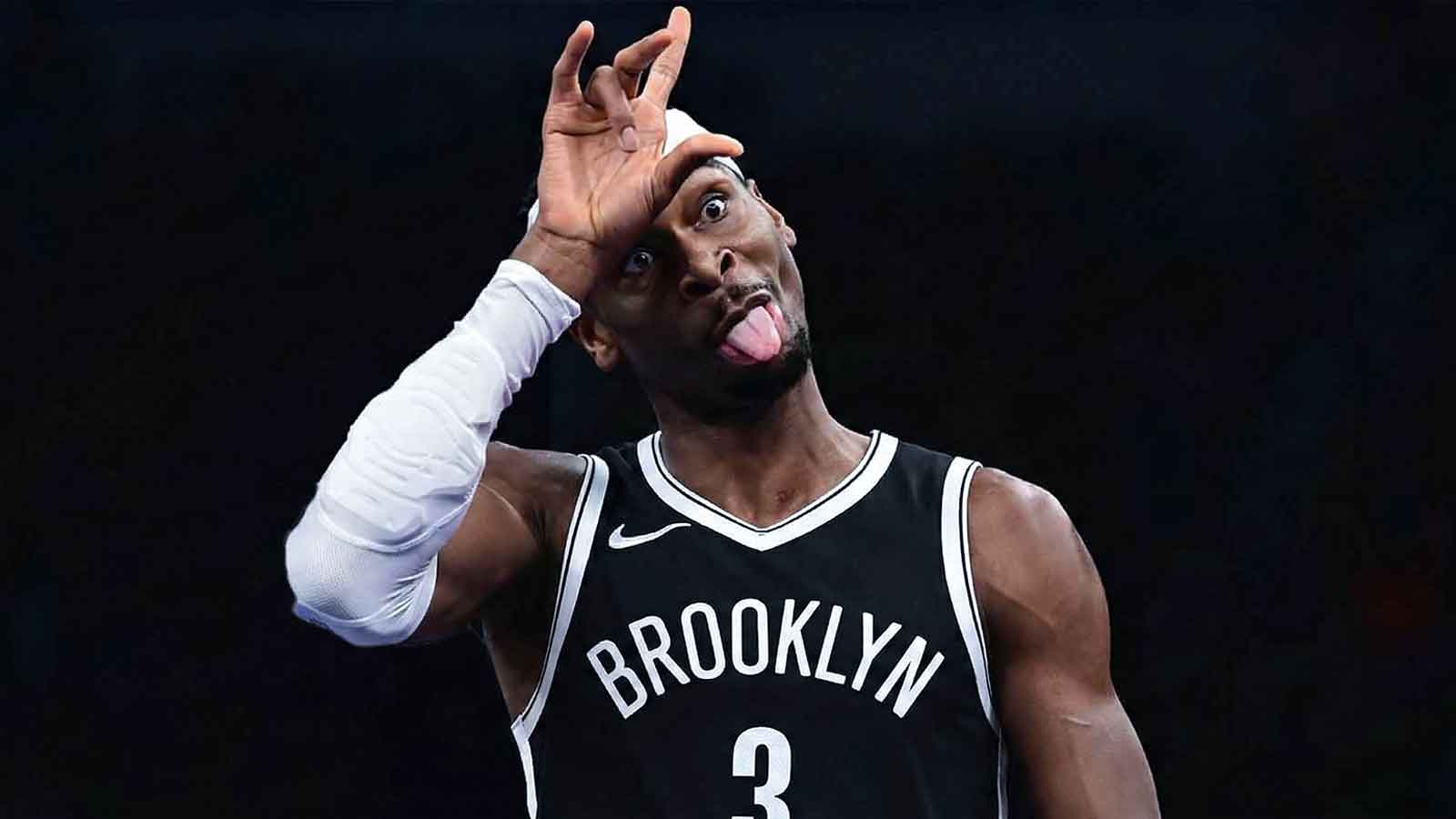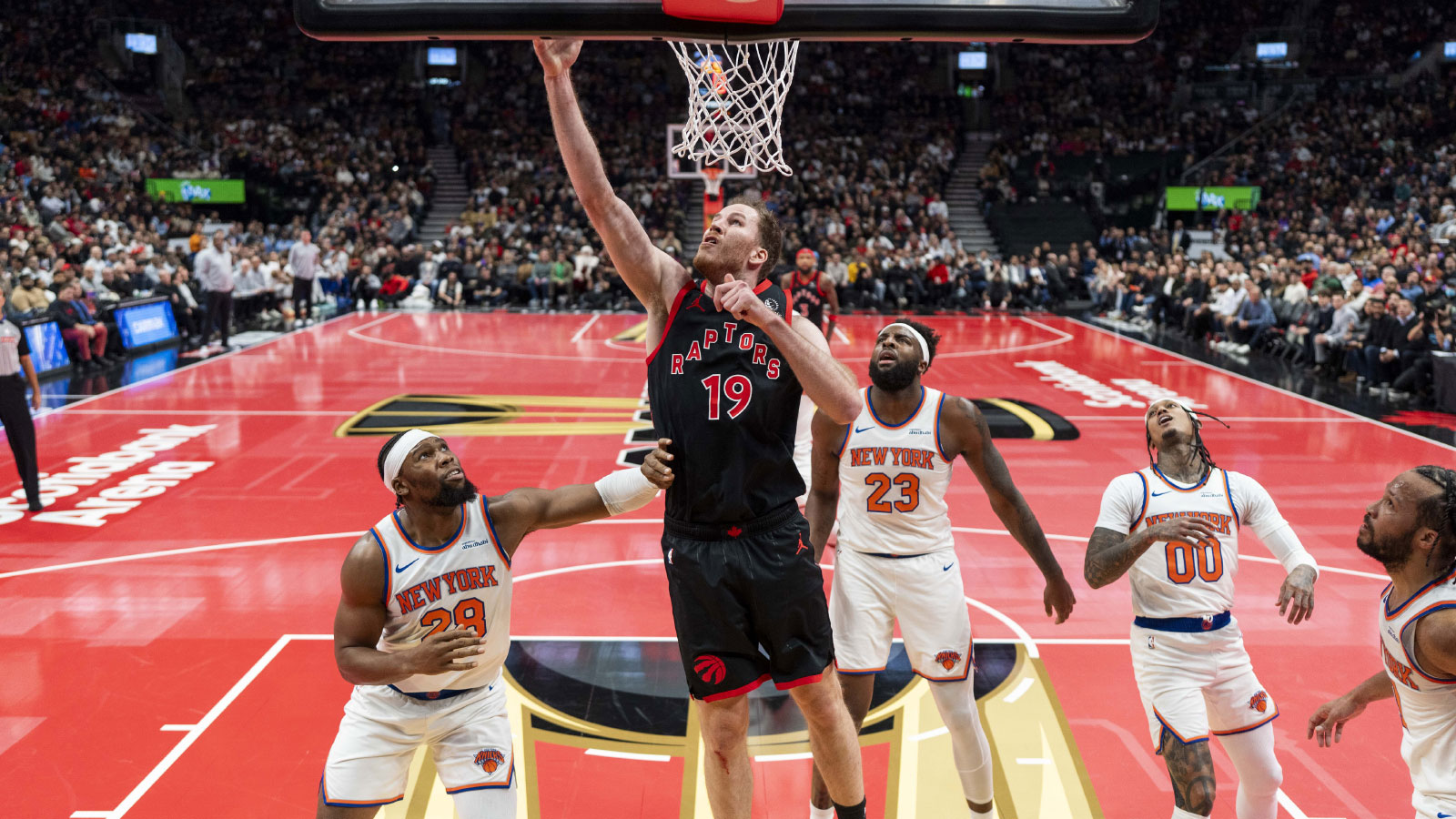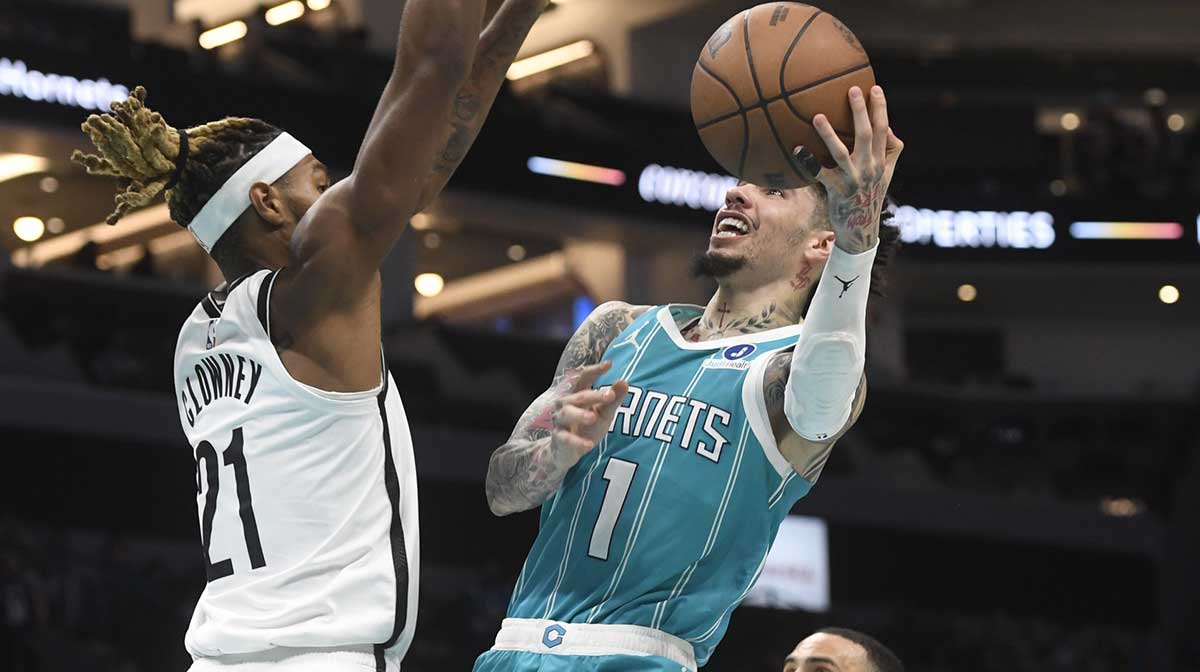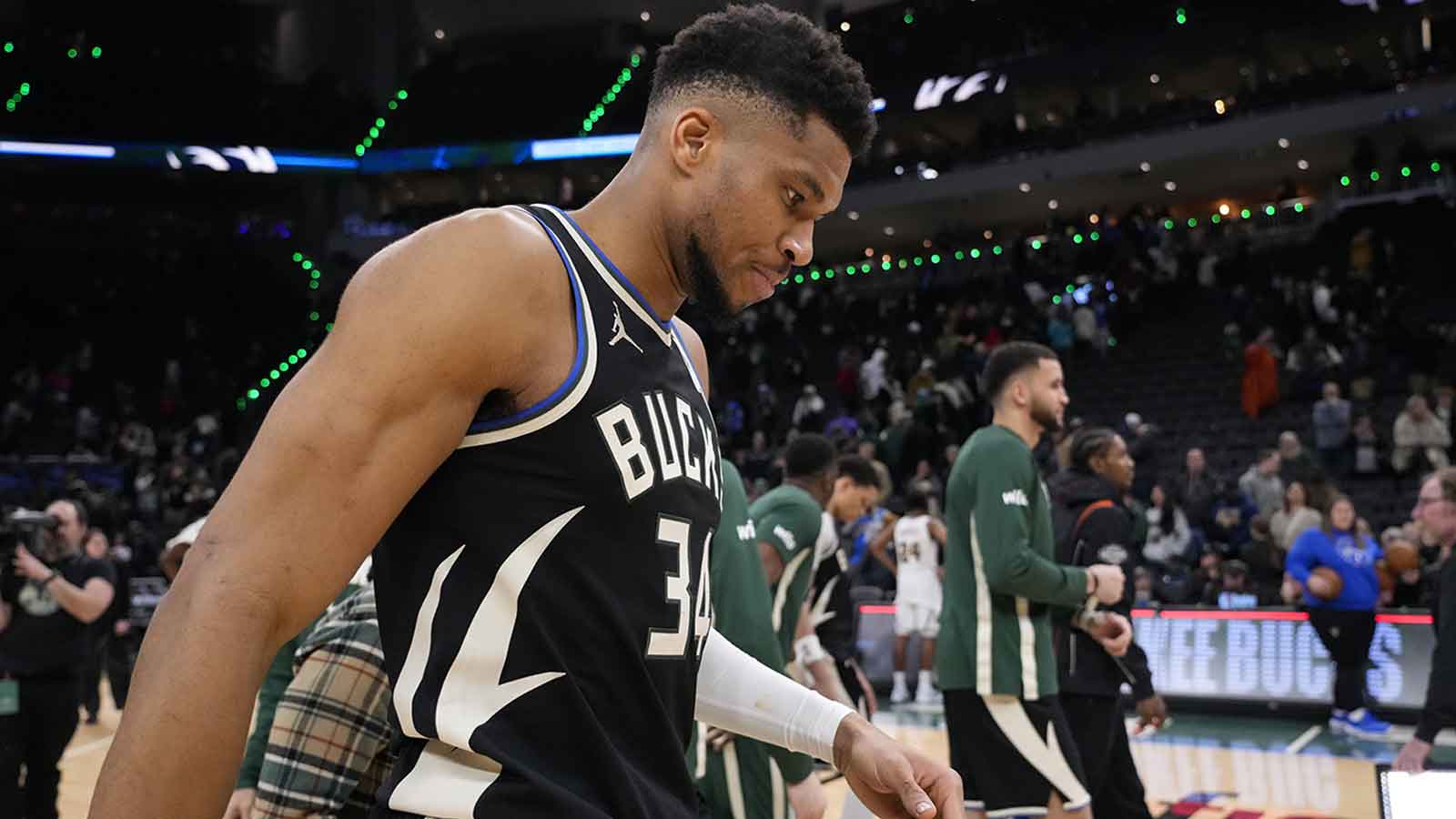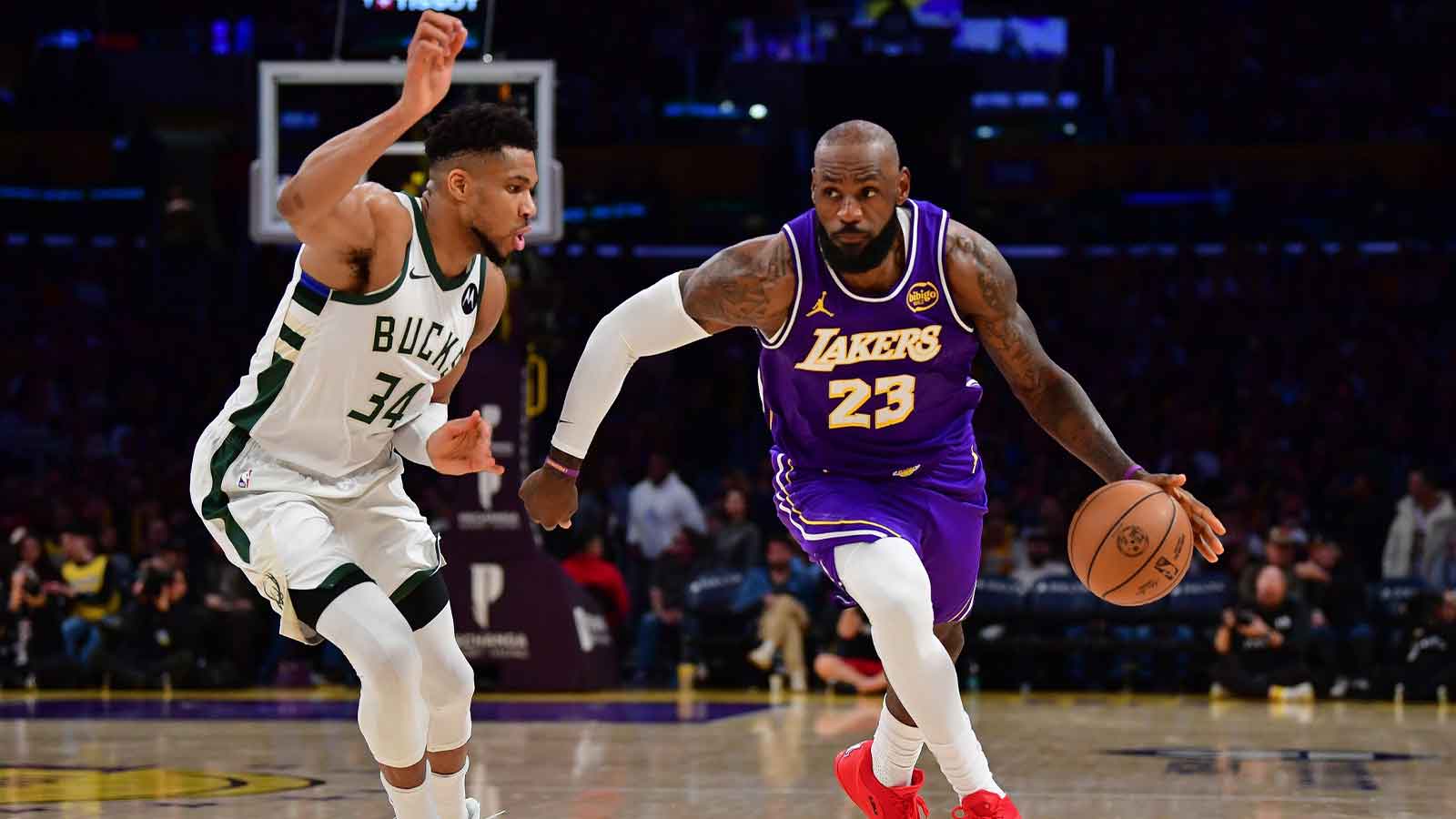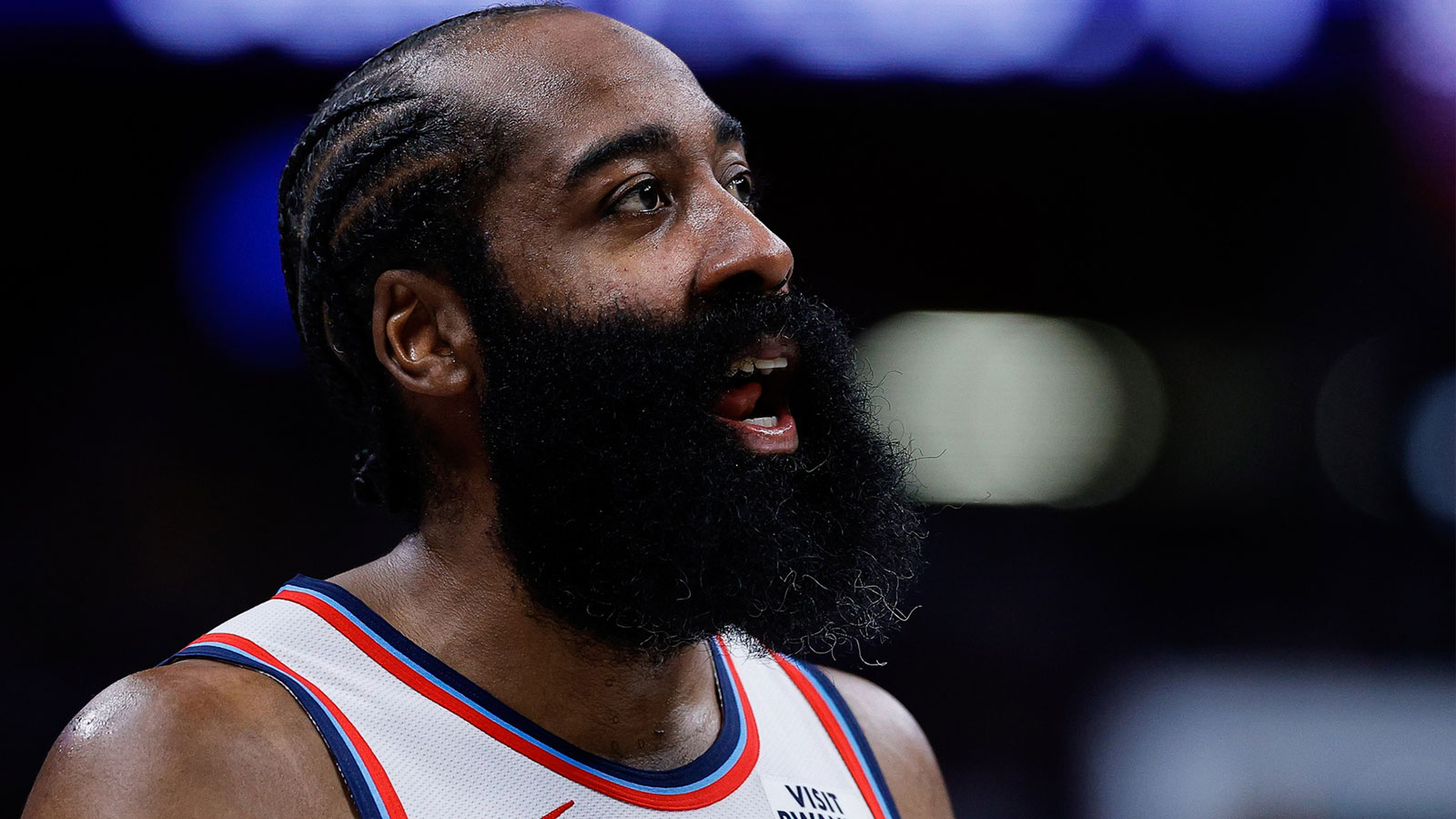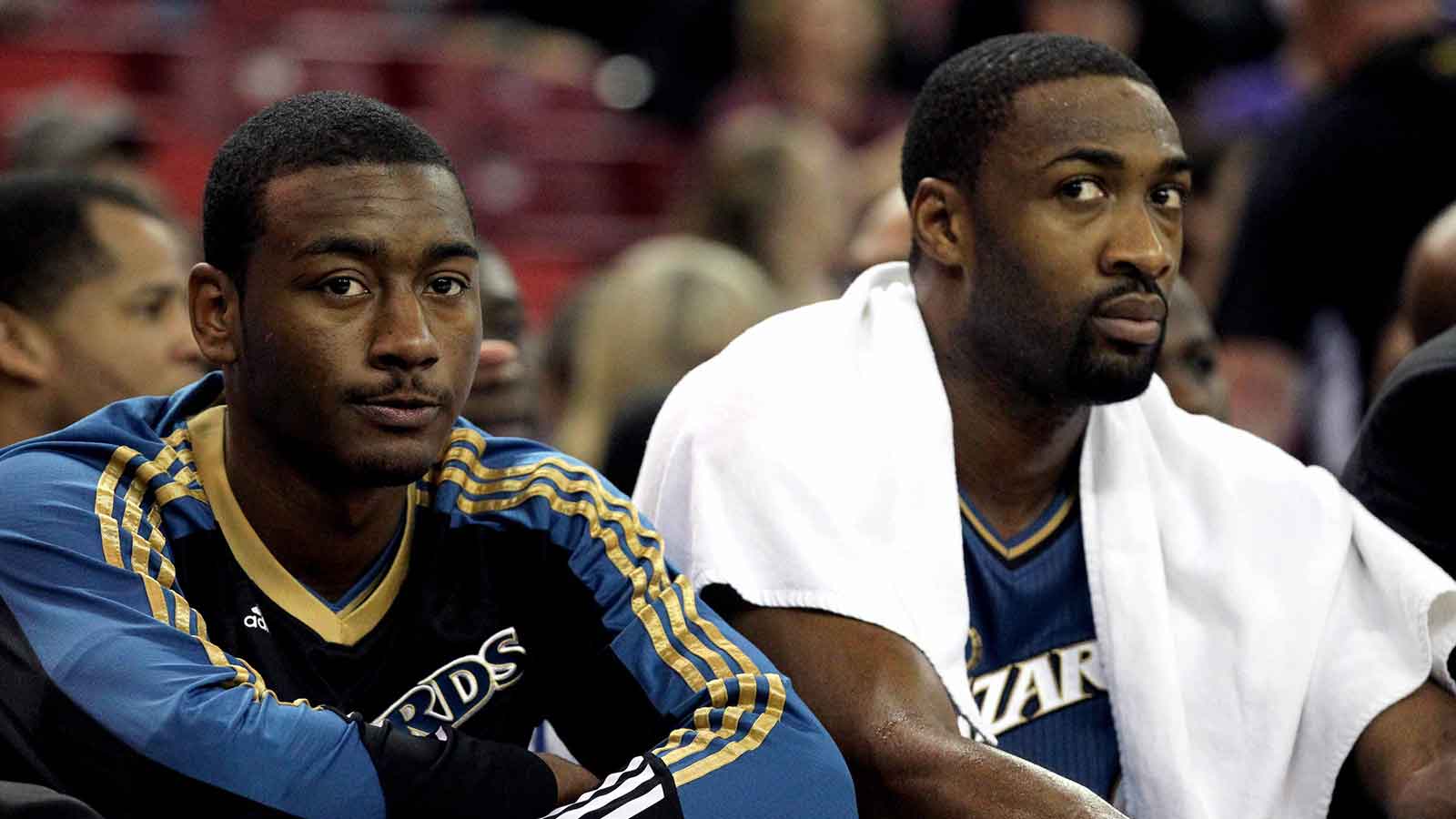No matter what some anonymous general manager and/or Kevin Durant may say, Bruce Brown is a winning player. For evidence, just look at this year's NBA Finals, which Bruce Brown won. In his first year in Denver, Brown proved to be the missing piece for the Nuggets. After breaking in Brooklyn over the last two years, Brown set new career highs in points (11.5 per game), assists (3.2 per game) and made three-pointers (1.1 per game) this year, proving that he can thrive in more meaningful ways than swimming in the wake of Kevin Durant and Kyrie Irving. While last year's free agent market seemed a little frosty for Brown, that surely won't be a problem this summer; contenders should be frothing at the mouth to poach him. As such, the Bucks, Lakers and Cavs should all be intriguing destinations for Bruce Brown if he decides to leave Denver in NBA free agency.
Milwaukee Bucks
Under former coach Mike Budenholzer, the Bucks' offense was predicated on rigid, unyielding geometry; role players assumed spots around the perimeter and stayed there, maintaining spacing at the cost of adding any real dynamism to the offense. In the regular season, this worked brilliantly; in the playoffs, the Bucks foundered as defenses were able to adapt to the unchanging arrangement of their offense. By signing Bruce Brown, though, the Bucks could reinvent themselves in a much needed way.
During his time in Brooklyn and Denver, Brown mastered the art of playing alongside superstars, slipping into the half spaces and blind spots vacated by the defense as they loaded up to stop his more heralded teammates. Despite being a middling jump shooter, Brown is tremendously valuable in an auxiliary role; unlike most non-shooting wings, Brown makes himself useful in novel and important ways. With the Nets, he pioneered a role as an undersized roll-man, setting on-ball screens and then attacking four-on-three opportunities on the short-roll. With the Nuggets, he honed his cutting—defenses couldn't ignore him, lest he simply cut behind them for an easy score or putback.
Brown's skillset is fairly context dependent, but it's a vital one all the same. Possessing the oldest roster in the league, the Bucks are on the verge of aging out of contention—Brook Lopez and Khris Middleton are both free agents this year and the Bucks might not have the stomach to re-sign them into their mid-to-late 30s. Either way, losing to the Heat in the first round exposed how stale and unimaginative the Bucks have become; Brown would be the perfect antidote.
Los Angeles Lakers
Even after turning their season around with a series of genius trade deadline moves, the Lakers had a flawed, imbalanced roster. Their backcourt overflowed with options—D'Angelo Russell, Austin Reaves and Dennis Schroeder gave them three capable, gutsy guards in their rotation. Boasting LeBron James, Anthony Davis, Rui Hachimura and Jarred Vanderbilt, their frontcourt was probably the best in the entire NBA. Still, they never found a productive wing, leaning more heavily on Lonnie Walker IV than any serious team ever should. In this sense, Bruce Brown would be a hand-in-glove fit for the Lakers, who have just over $30 million in cap space this summer.
While the Lakers are expected to once again go big game hunting for a third star, the more prudent move might be to use NBA free agency to retool their supporting cast with pieces like Bruce Brown. Between James, Davis, Russell and Reaves, the Lakers have no shortage of guys who can handle higher usages; instead, they need players who can contribute without needing the ball. The Lakers have all the big things in place. Now, they need Brown to shore up the little ones.
Cleveland Cavaliers
Unlike the Bucks and Lakers, the Cavs aren't a serious contender just yet, but Bruce Brown could potentially turn them into one. With Darius Garland, Donovan Mitchell, Evan Mobley and Jarrett Allen, the Cavs already have a championship-caliber foursome in place. But in their five game loss to the Knicks in the first round of the playoffs, the Cavs were punished for their inability to turn their star-studded quartet into a functioning quintet. When Caris Levert, their nominal starting small forward, fills in as their fifth option, he does so with visible resentment for being the fifth option. Isaac Okoro, a putative three-and-d wing, is too useless from three to threaten playoff defenses. Accordingly, Brown would snap the Cavs' best lineup into focus. He would have the off-ball awareness on offense to navigate the tricky spacing of the Cavs' double big frontcourt and the defensive chops to take on the opponent's best perimeter scorer each game. Having traded away control of nearly all of their draft picks for the foreseeable future, the Cavs don't have many avenues to make clear, unambiguous upgrades outside of NBA free agency, making it even more of a necessity to sign Brown.

